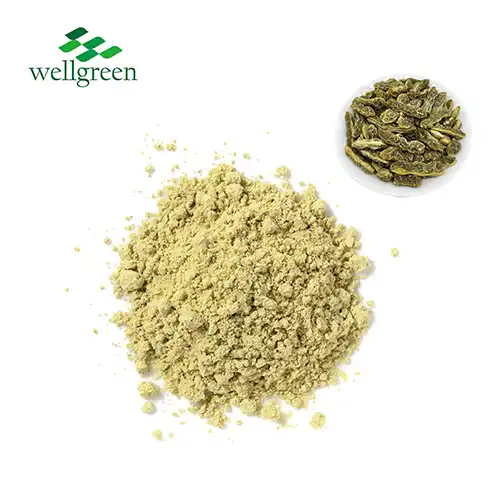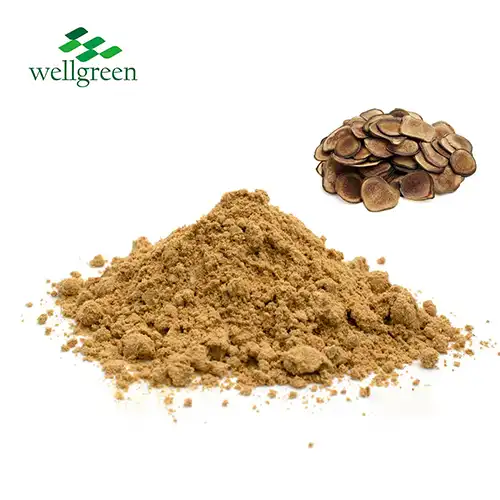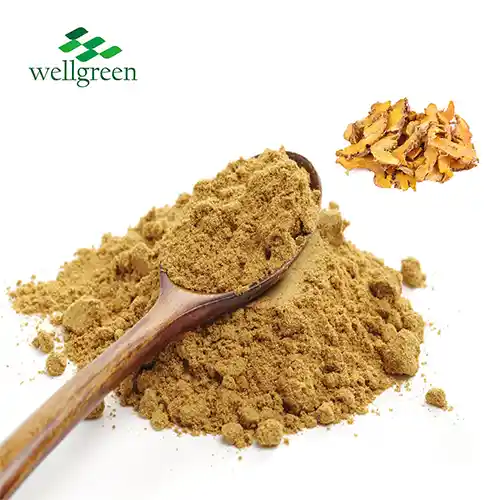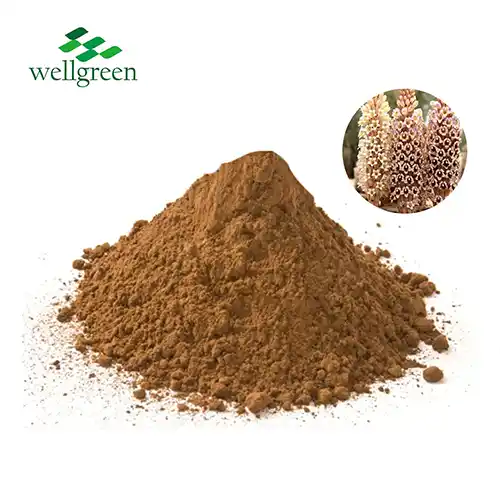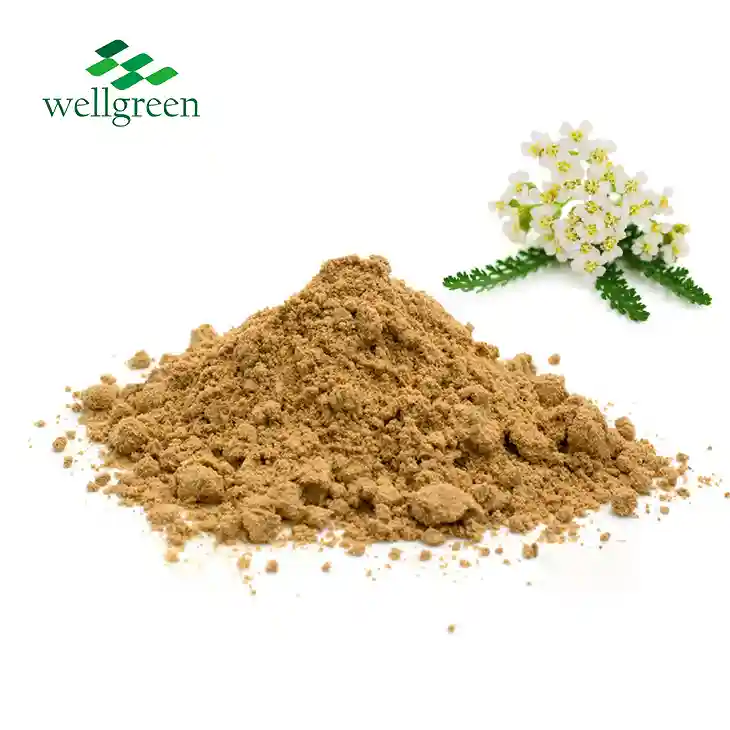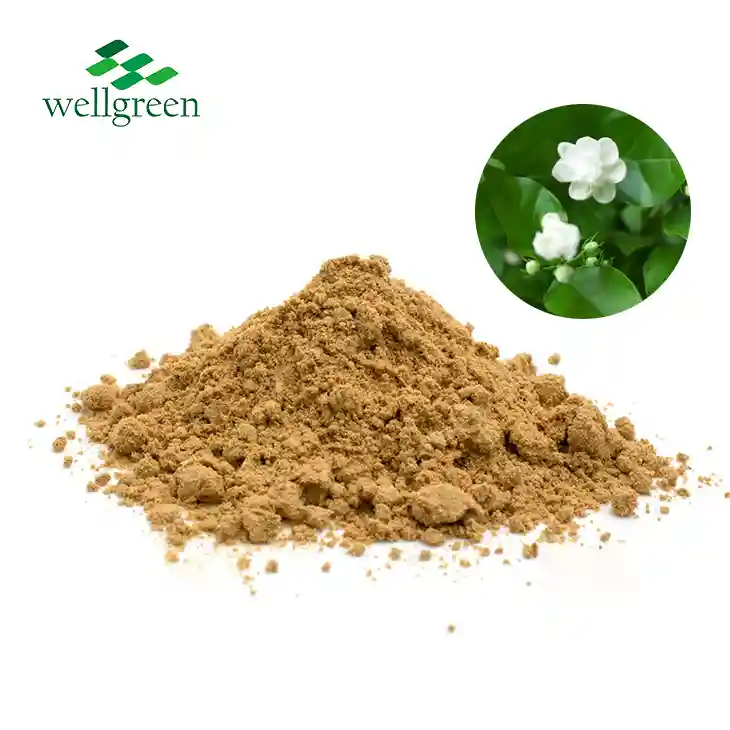What are 5 health benefits of asparagus?
2024-08-23 10:01:08
Asparagus, revered for its unique flavor and tender spears, offers far more than culinary delight—it packs a punch in terms of health benefits. From boosting your immune system to supporting digestive health, let's delve into the top five reasons why incorporating asparagus extract powder into your diet can enhance your well-being.
Does Asparagus Help With Weight Loss?
Asparagus, a cherished vegetable in numerous foods, isn't just a joy to the sense of taste yet additionally possibly gainful for weight reduction endeavors. This low-calorie vegetable flaunts a high fiber and water content, making it an important expansion to eats less pointed toward shedding pounds. Fiber is known for supporting processing and advancing a feeling of completion, which can help with controlling calorie consumption over the course of the day.
Asparagine, an amino acid known for its diuretic properties, can also be found in asparagus. This may assist in reducing bloating and water retention, further assisting efforts to appear leaner. For those hoping to integrate the advantages of asparagus into their everyday schedule all the more advantageously, supplements like asparagus concentrate powder or asparagus racemosus root separate deal concentrated types of these useful mixtures.
Whether enjoyed fresh or as a supplement, asparagus presents a nutritious option for individuals striving to maintain a healthy weight and enhance overall well-being.
Can Asparagus Improve Digestive Health?
Not only does asparagus stand out as a delicious side dish, but asparagus racemosus root extract also has the potential to help improve digestive health. This adaptable vegetable is especially high in dietary fiber, a vital component known for its beneficial effects on digestion. Fiber assumes a key part in keeping up with normal solid discharges, forestalling blockage, and supporting generally speaking gastrointestinal capability.
One of the outstanding parts of asparagus is its fiber content going about as a prebiotic. Prebiotics aid in maintaining a healthy microbiome balance by providing food for beneficial gut bacteria. A different and adjusted microbiome is connected to further developed processing, upgraded supplement ingestion, and a decreased gamble of gastrointestinal problems like peevish gut condition (IBS) and diverticulitis. Including asparagus in your diet can be a quick and easy way to improve your digestion.
What Are the Antioxidant Benefits of Asparagus?
A wide range of advantages that contribute to overall health and well-being are provided by asparagus, which emerges as a powerful source of antioxidants. This flexible vegetable is plentiful in a few key cancer prevention agents, including nutrients A, C, and E, as well as glutathione. These cell reinforcements assume significant parts in battling oxidative pressure by killing unsafe free extremists in the body.
Vitamin A, present in asparagus racemosus root extract, upholds vision wellbeing and lifts safe capability. L-ascorbic acid goes about as a powerful cancer prevention agent that safeguards cells from harm, upholds collagen creation, and upgrades invulnerable reaction. By shielding cell membranes from oxidative damage, vitamin E further contributes to the prevention of chronic diseases.
Glutathione, another important antioxidant found in asparagus, plays a critical role in detoxification processes within the body. It helps neutralize toxins and pollutants, thereby supporting liver health and overall cellular function.
By reducing oxidative stress and inflammation, the antioxidants in asparagus contribute to lowering the risk of chronic diseases such as heart disease, diabetes, and certain cancers. Regular consumption of asparagus supports overall cellular health and enhances the body's natural defense mechanisms against environmental stressors.
Does Asparagus Promote Heart Health?
Asparagus not only delights the taste buds but also offers substantial benefits for heart health. This nutrient-rich vegetable contains notable levels of potassium, a mineral essential for maintaining optimal cardiovascular function. Potassium plays a crucial role in regulating blood pressure by counteracting the effects of sodium, which helps to lower the risk of hypertension and related cardiovascular complications such as stroke.
In addition to potassium, asparagus is a good source of folate (vitamin B9), which contributes significantly to heart health. Folate is essential for metabolizing homocysteine, an amino acid that, when elevated in the blood, is associated with an increased risk of cardiovascular disease. By converting homocysteine into other beneficial molecules, folate helps to protect the heart and blood vessels from damage and inflammation.
Moreover, asparagus extract powder contains antioxidants such as vitamins A, C, and E, which further support heart health by reducing oxidative stress and inflammation. These antioxidants help to maintain the integrity of blood vessels and reduce the buildup of plaque, promoting better circulation and overall cardiovascular function.
Can Asparagus Boost Immune Function?
Asparagus stands out not only for its delightful flavor but also for its potential to bolster immune function through its rich array of vitamins and minerals. This nutritious vegetable is a notable source of immune-supporting nutrients, including vitamin C, vitamin E, and zinc.
Vitamin C, found abundantly in asparagus, plays a pivotal role in enhancing immune function by stimulating the production of white blood cells. These cells are crucial defenders against infections, helping the body to combat pathogens and maintain overall health. Vitamin C also acts as a potent antioxidant, shielding immune cells from damage caused by harmful free radicals.
Additionally, asparagus provides vitamin E, another antioxidant that supports immune health by protecting cells from oxidative stress. This antioxidant action helps to maintain the integrity of immune cells, ensuring they function optimally in responding to threats.
Furthermore, zinc, a mineral found in asparagus, plays multiple roles in immune function. It is essential for the development and function of immune cells and helps regulate immune responses. Zinc also contributes to the maintenance of skin integrity, which serves as a primary barrier against pathogens.
Conclusion
In conclusion, asparagus offers numerous health benefits, making it a valuable addition to any diet. Its rich nutrient profile, digestive health support, and potential blood pressure-lowering effects are just a few reasons to include this versatile vegetable in your meals. Consuming asparagus regularly can enhance your overall health and contribute to the prevention of various chronic conditions. For those seeking an efficient way to incorporate these benefits, asparagus extract powder can be a convenient option, offering concentrated nutritional advantages.
WELLGREEN is an innovation-driven manufacturer of herbal extracts since 2011 certified by ISO9001:2015, ISO22004, HALAL, KOSHER, HACCP, and Organic Certificate. If you need Asparagus Extract Powder, please contact us wgt@allwellcn.com. We can supply customized service as per your request.
References
1. Palermo M, Pellegrini N, Fogliano V. The effect of cooking on the phytochemical content of vegetables. J Sci Food Agric. 2014;94(6):1057-1070.
2. Graf BA, Milbury PE, Blumberg JB. Flavonols, flavones, flavanones, and human health: epidemiological evidence. J Med Food. 2005;8(3):281-290.
3. Slavin JL, Lloyd B. Health benefits of fruits and vegetables. Adv Nutr. 2012;3(4):506-516.
4. Calder PC, Albers R, Antoine JM, et al. Inflammatory disease processes and interactions with nutrition. Br J Nutr. 2009;101 Suppl 1:S1-S45.
5. Kumar V, Abbas AK, Aster JC. Robbins Basic Pathology. 10th ed. Philadelphia, PA: Elsevier; 2018.
6. Kennedy DO. B vitamins and the brain: mechanisms, dose and efficacy--a review. Nutrients. 2016;8(2):68.

